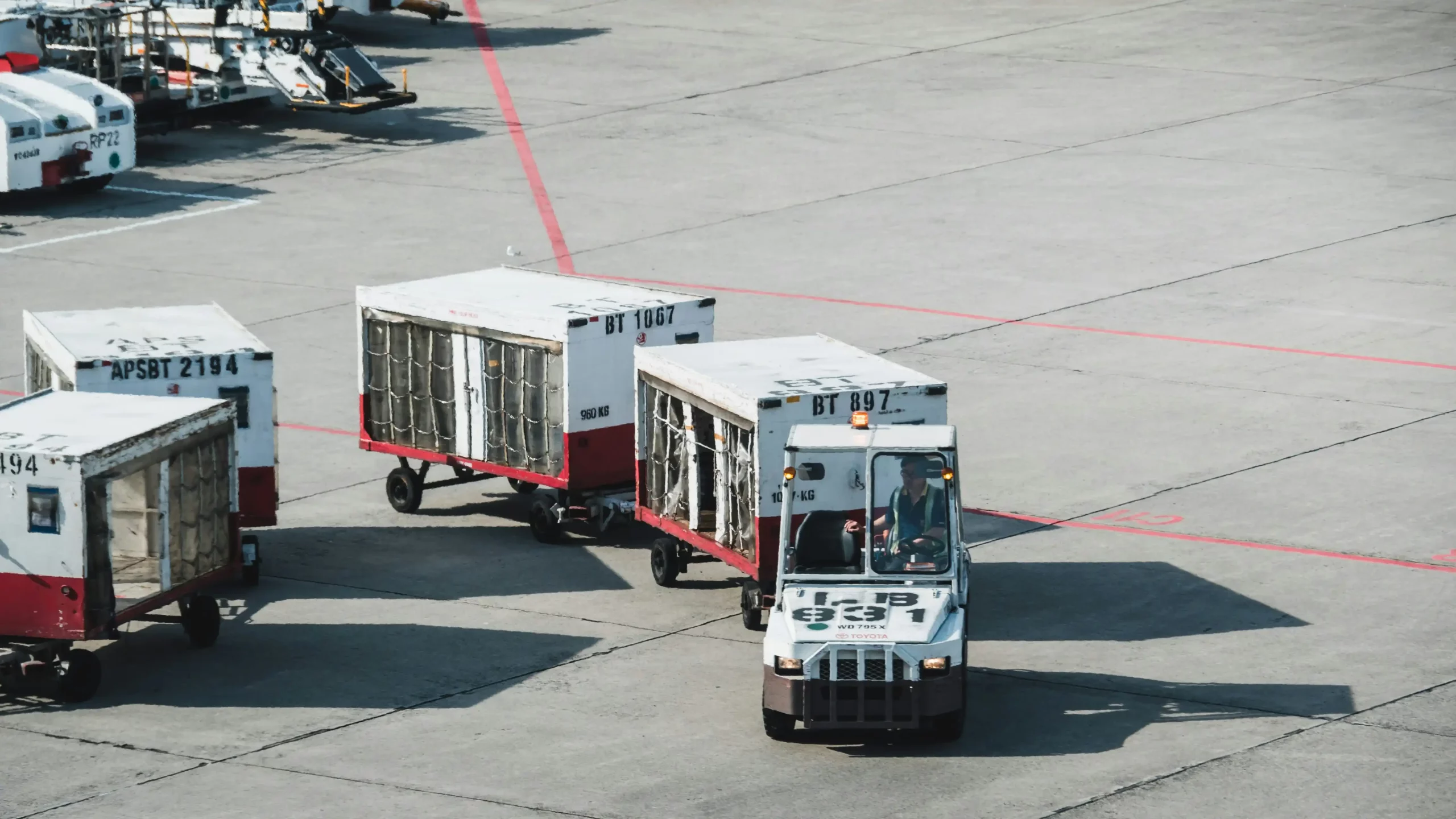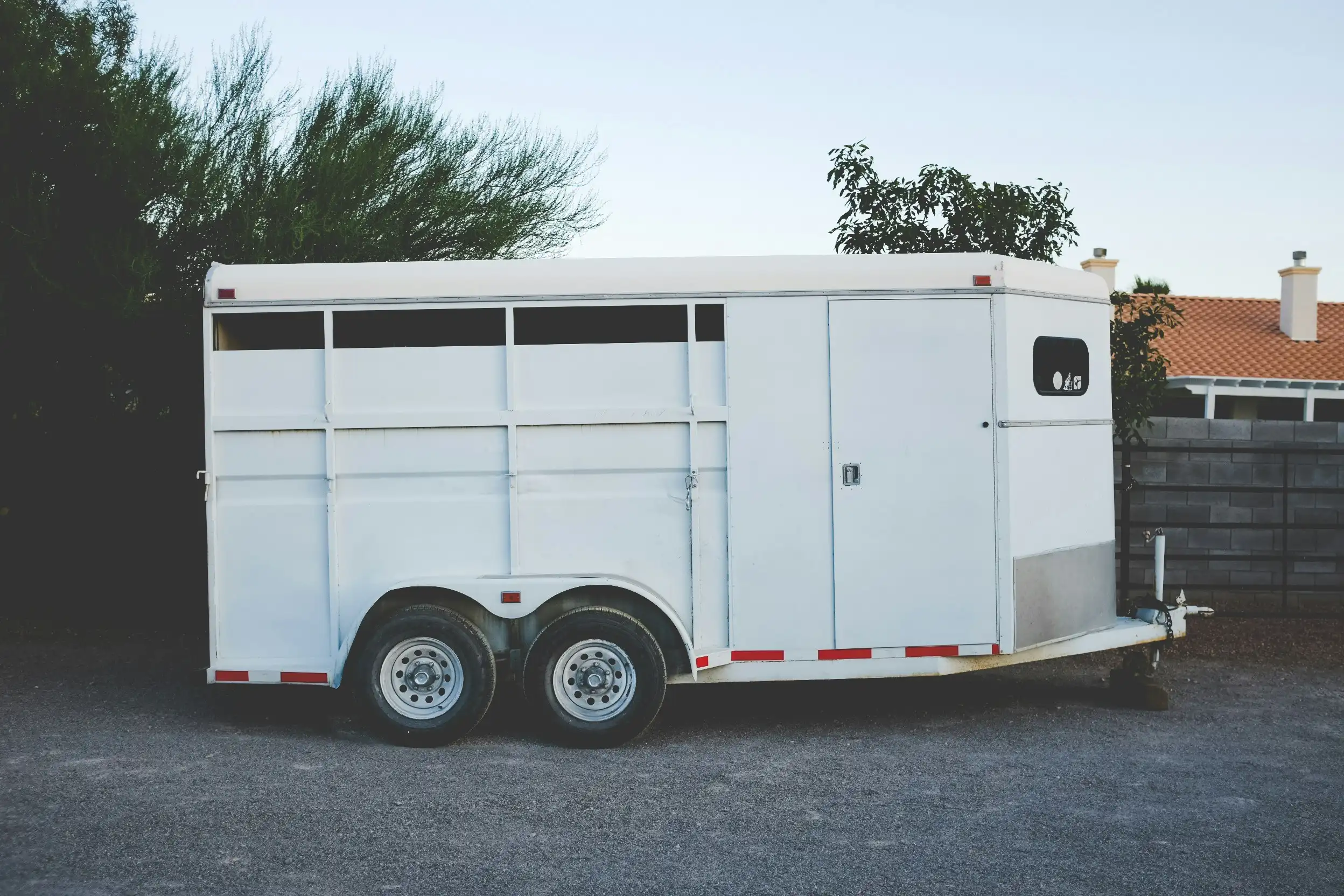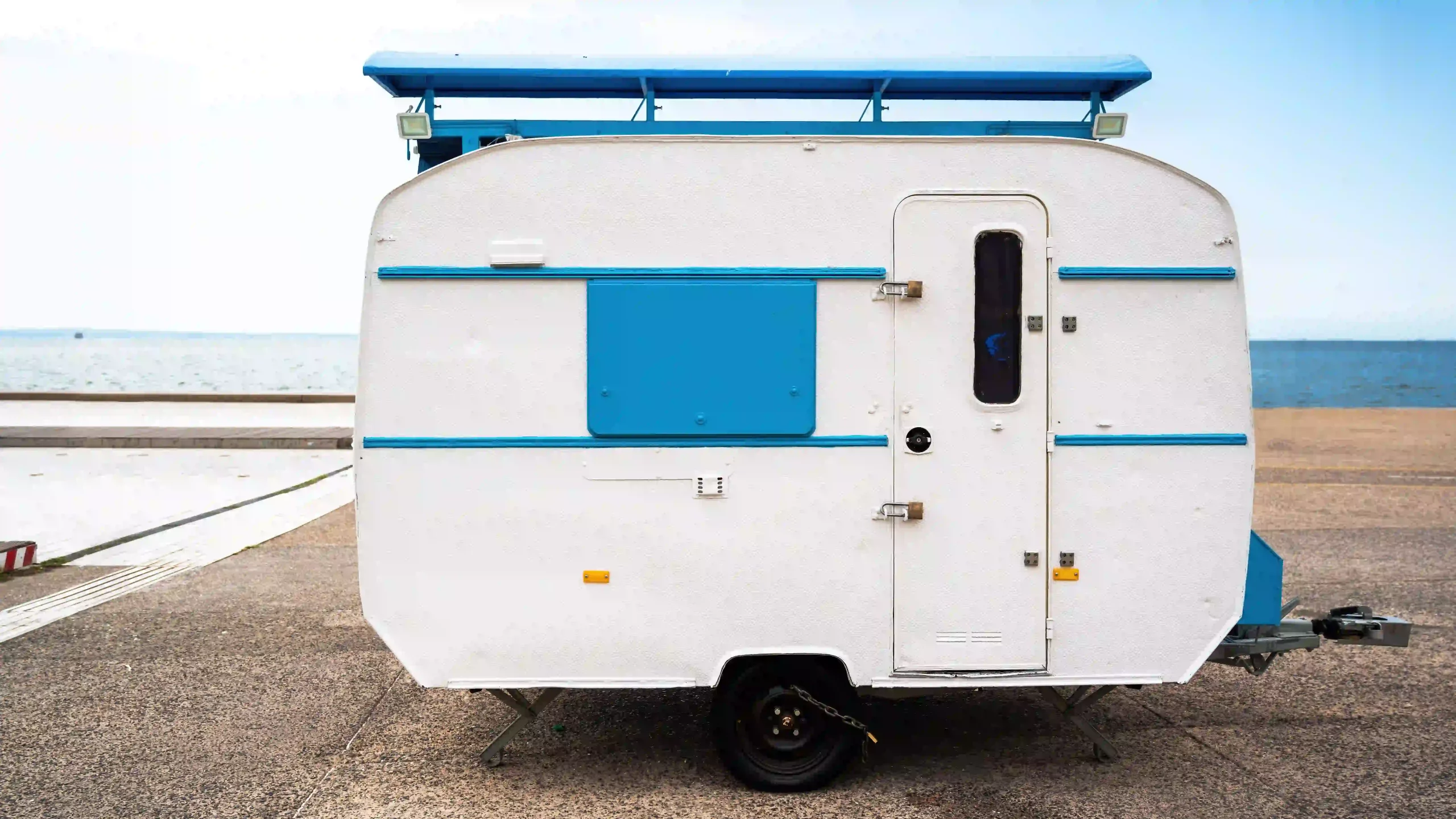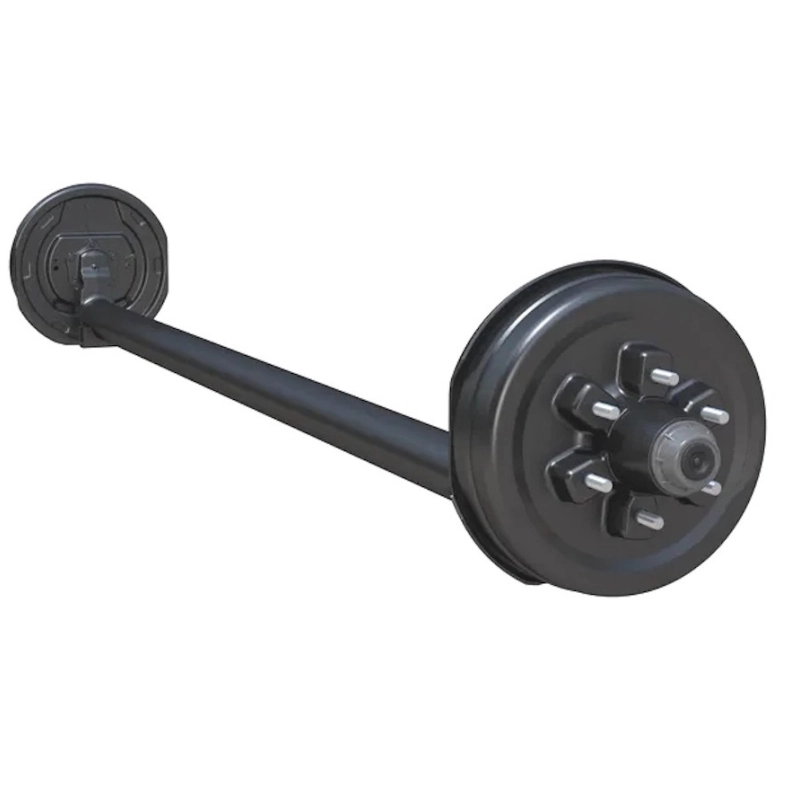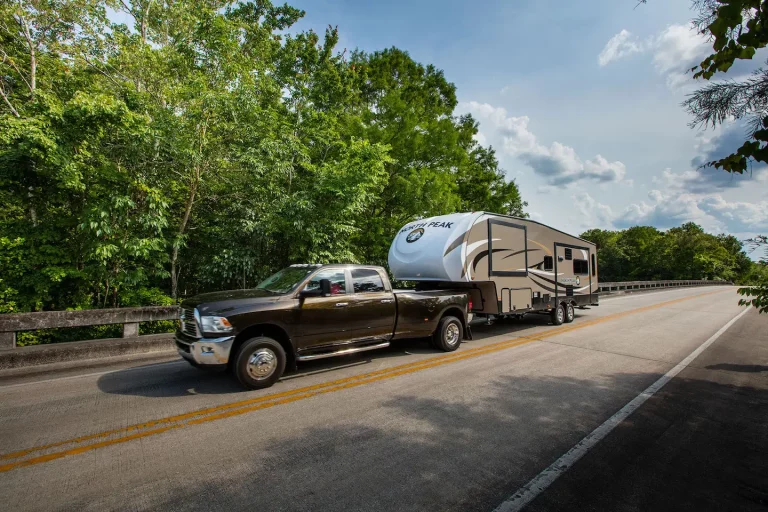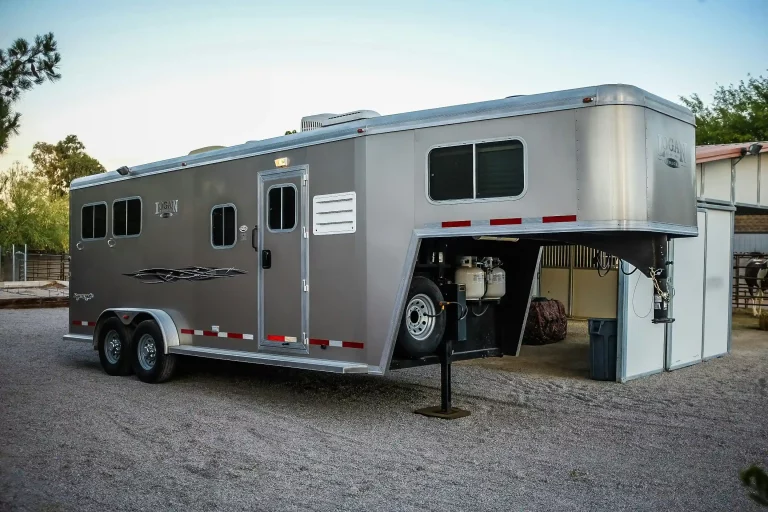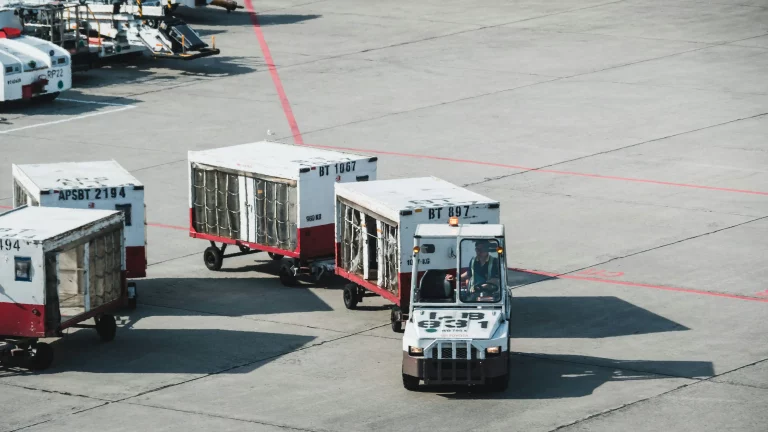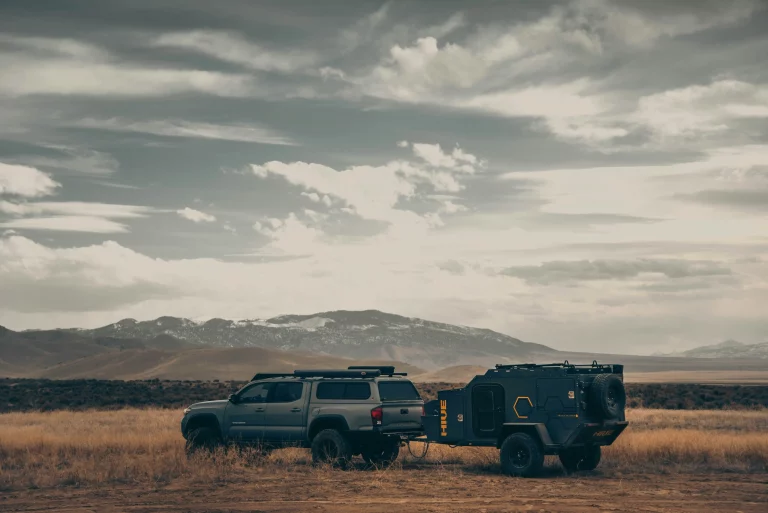Trailer towing is a frequent spectacle on Texas highways. Busy commercial transporters and eager weekend explorers towing recreational vehicles populate the roads. Yet, the regulations overseeing these tasks vary greatly depending on whether you’re towing for business or pleasure. Grasping Commercial vs. Recreational Trailer Towing in Texas is vital for adherence, security, and dodging steep penalties. In this thorough guide, we’ll dissect Texas rules, spotlight major contrasts, and offer useful advice for drivers and companies alike.
Why Texas Trailer Towing Regulations Are Crucial
Texas thrives as a center for both industrial shipping and outdoor fun. This makes trailer towing a regular need for many. Whether you’re moving cargo for profit or pulling an RV to Big Bend National Park, state laws promote safety and equity on the roads. Errors in following these can spark fines, gear damage, or even mishaps. So, let’s explore the differences between commercial and recreational towing. This will help you tackle these guidelines confidently.
Commercial Trailer Towing in Texas: The Essentials
Commercial trailer towing entails carrying goods, tools, or supplies for work purposes. This group covers delivery rigs, building haulers, and cargo movers. Texas applies tougher rules here because the risks are higher. Heavier weights, extended trips, and public well-being all play a role.
Licensing Needs for Commercial Towing
- CDL Requirement: If your Gross Vehicle Weight Rating (GVWR) tops 26,001 lbs, a Commercial Driver’s License (CDL) is essential. The same applies if the trailer’s GVWR exceeds 10,001 lbs and the tow vehicle surpasses 16,000 lbs.
- Endorsements: Unique loads, like hazardous items, demand extra certifications.
- Health Check: Drivers must pass a DOT physical. They also need to carry a medical card.
Weight and Dimension Restrictions
| Category | Commercial Limit |
| Maximum Width | 102 inches (8’6”) |
| Maximum Height | 14 feet |
| Maximum Length (Single) | 65 feet (including tow vehicle) |
| Maximum GVWR | No firm cap, but CDL kicks in |
Extra Compliance Guidelines
- Checkups: Yearly safety reviews are compulsory for commercial trailers.
- Coverage: Robust liability insurance is required. It often exceeds $750,000 based on the load.
- Driving Hours: Drivers must follow federal Hours of Service (HOS) limits. This prevents exhaustion.
Recreational Trailer Towing in Texas: What to Understand
Recreational towing involves personal use, such as pulling boats, RVs, or ATVs for enjoyment. It’s less controlled than commercial towing. Still, Texas sets rules to keep highways secure during your leisure escapes.
Licensing for Recreational Towing
- Basic License: A standard Class C license works fine. But if the combined GVWR exceeds 26,001 lbs, this changes. Luckily, that’s uncommon for personal setups.
- No CDL Needed: Most recreational arrangements stay below the commercial cutoff.
Weight and Size Boundaries
| Category | Recreational Limit |
| Maximum Width | 102 inches (8’6”) |
| Maximum Height | 13 feet 6 inches |
| Maximum Length (Single) | 65 feet (including tow vehicle) |
| Maximum GVWR | Usually below 26,001 lbs |
Core Recreational Rules
- Brakes: Trailers over 4,500 lbs GVWR require electric brakes.
- Lighting: Working tail, brake, and signal lights are essential.
- Safety Links: All towed recreational trailers must have chains.
Commercial vs. Recreational Trailer Towing in Texas: Major Contrasts
Both types share some similarities. However, the gaps in Commercial vs. Recreational Trailer Towing in Texas stand out sharply. Here’s a clear comparison:
| Aspect | Commercial | Recreational |
| License | CDL frequently needed | Basic license often suffices |
| Inspection | Yearly DOT review | No required state check |
| Insurance | Strong liability coverage | Simple personal coverage |
| Weight Limit | Tighter GVWR triggers CDL | More relaxed for personal use |
| Goal | Work or profit-driven | Fun or leisure-focused |
Real-World Effects
- Expense: Commercial towing calls for bigger initial costs. Think licensing, insurance, and upkeep.
- Ease: Recreational users face fewer formal obstacles. Yet, safety remains a must.
- Oversight: Texas Highway Patrol watches commercial rigs closely. This is especially true near weigh points.
How Texas Landscapes Shape Towing Decisions
Texas boasts a varied terrain. The flat expanses of the Panhandle differ from Austin’s rolling hills. This impacts both commercial and recreational towing. Sturdy trailer axles are vital for commercial haulers on long routes. Meanwhile, recreational users often favor trailer brakes for sharp drops in the Hill Country. Knowing your path and load ensures compliance and protection.
GO Trailer: Your Ally in Trailer Towing Solutions
Before we conclude, meet GO Trailer, a reliable leader in trailers and parts. Are you a commercial hauler seeking tough components? Or a leisure fan needing trusty gear? GO Trailer provides an extensive selection, including axles, brakes, and suspension setups. With their know-how, they’re dedicated to aiding Texas drivers. They offer top-notch, budget-friendly options for both commercial and recreational demands.
FAQs: Commercial vs. Recreational Trailer Towing in Texas
Q1. Do I need a CDL for recreational trailer towing in Texas?
A1. No, a CDL isn’t usually required. But if your tow vehicle and trailer’s combined GVWR exceeds 26,001 lbs, it’s different. That’s rare for personal use, though.
Q2. What’s the chief difference between commercial and recreational trailer towing rules?
A2. Commercial towing often demands a CDL, strict checks, and hefty insurance. Meanwhile, recreational towing focuses on basic safety for personal trips.
Q3. Are trailer brakes required for both towing types in Texas?
A3. Yes, brakes are a must if the trailer’s GVWR tops 4,500 lbs. This applies to both commercial and recreational setups.
Q4. How does Commercial vs. Recreational Trailer Towing in Texas influence insurance expenses?
A4. Commercial towing requires much higher liability coverage due to business risks. Recreational towing, however, sticks to typical personal auto rates.
Equip Yourself for Texas Towing Now
Whether you’re handling Commercial vs. Recreational Trailer Towing in Texas, the right gear and wisdom are critical. Ensure your trailer suspension can manage heavy weights. Pick the ideal trailer hitch for your RV. Preparation makes a difference. Visit GO Trailer today to browse premium parts and trailers built for Texas roads. Stay lawful, stay secure, and tow boldly—begin your adventure now!


